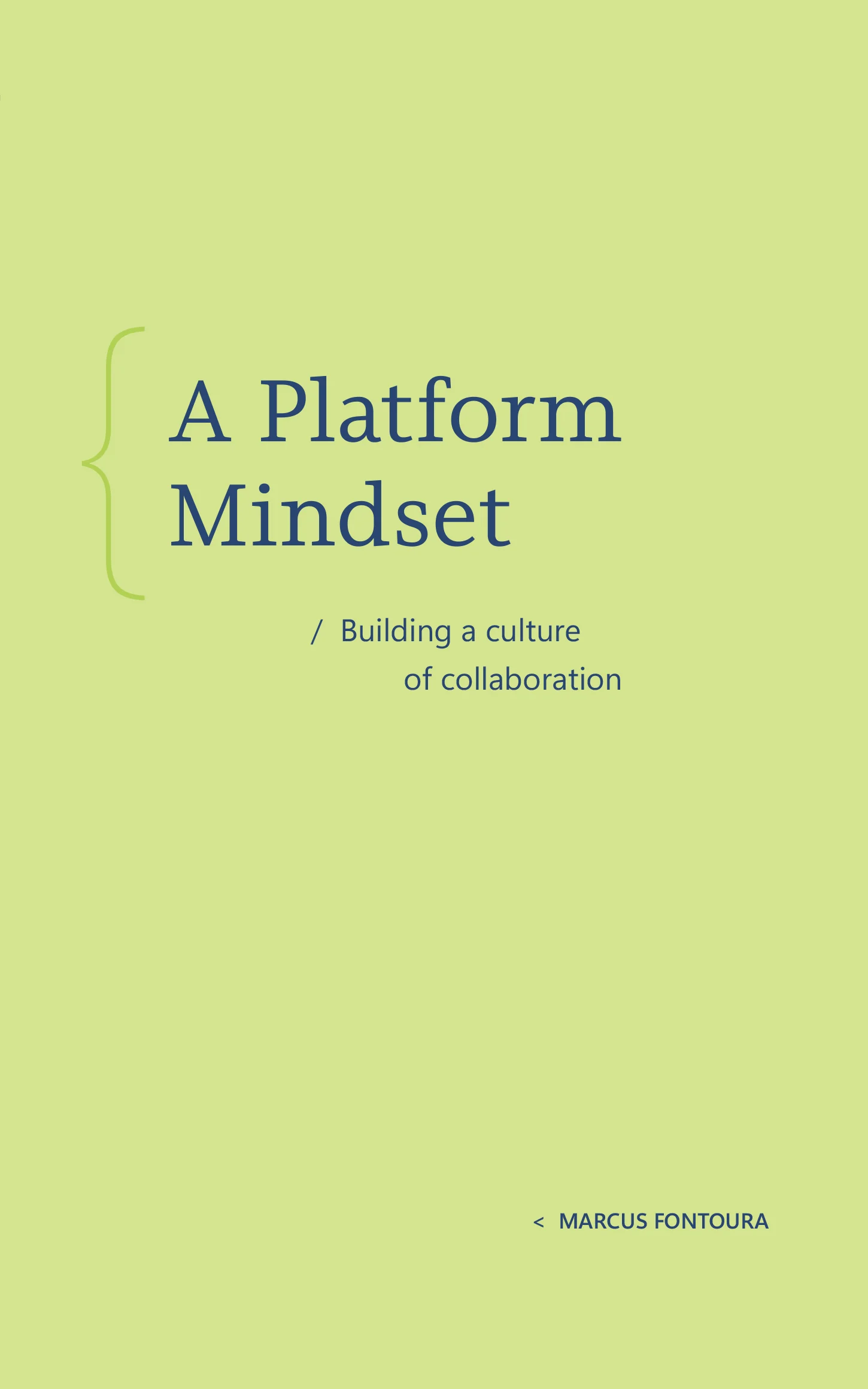It shouldn’t be information to anybody that, in at present’s world, know-how is a means of making efficiencies in virtually each course of in manufacturing, business, commerce, or providers. As any new firm units out to create programs for introducing its services or products, having a “platform mindset” will allow it to realize most scalability and effectivity.
A platform mindset is considering all of the programs’ targets with intentionality: optimally extracting probably the most worth from know-how whereas sustaining an important tradition, platforms, and instruments nicely into the longer term. Nevertheless, this should be performed with a development mindset, as there aren’t any easy formulation, and it entails studying as you go.
It’s troublesome to foretell whether or not an organization will develop since in actual life most new companies don’t flourish. You will be conscious that, if the corporate does develop, you’ll have to suppose quick about fixing the challenges in every space with a watch to scale, as a result of artisanal options are typically chaotic to handle in the long run. And errors in a small firm have very totally different penalties than errors in firms that already function at scale. One of the simplest ways to attenuate errors is to be intentional about methods to develop.
Constructing for Development: Scale Your Startup Efficiently
For instance, a pet food enterprise that begins out as a home-based enterprise and all of a sudden turns into fashionable and must scale might have totally different priorities when it grows. It might have to open a greater channel for lively communication with clients, requiring specialised software program. Because the enterprise grows, know-how wants to alter to help its processes and operations in an intentional and built-in means with the remainder of the group.
It’s a threat not being attentive to the truth that the corporate might all of a sudden develop larger. If every workforce makes impartial choices and follows the identical processes as when the corporate was a start-up, chaos will ensue.
For instance, an worker efficiency assessment system that would deal with 10 workers might not work so nicely when that quantity reaches 100. Why not? Maybe Alex from HR would copy the names of the individuals from an worker registration spreadsheet into the assessment system, flow into the data between the concerned events, then manually switch the evaluations and feedback again from the assessment system to the spreadsheet. Nevertheless, with a a lot bigger variety of individuals, departments, and responses concerned, this sort of workflow turns into burdensome and finally turns into a “technical debt.”
The shortage of integration between the worker registration and the efficiency assessment programs can be a nightmare. The listing of workers to be evaluated could also be incorrect, as it might rely on handbook processes which might be inclined to error and never scalable.
With no platform mindset permeating the corporate in order that it develops new functionalities and programs in a acutely aware means, technical money owed turn out to be obstacles to development and the operation is compromised — even when the services or products is conceptually nice. The buildup of technical debt results in a lack of productiveness over time.
Constructing software program with shortcuts however with out consideration to high quality and the easiest way to implement every new characteristic can result in an preliminary productiveness acquire. Nevertheless, as would occur with a financial debt, in the long run the curiosity accrues, and the technical money owed considerably influence productiveness.
Human assets processes scale with the variety of workers; gross sales processes scale with the variety of purchasers; operations processes scale with the variety of suppliers; authorized processes scale with the variety of workers, purchasers, and workplaces. And logistics issues scale with the variety of headquarters, purchasers, and workers. Many elements tackle a big scale as an organization grows, and to satisfy this inexorable demand, the individuals in management roles should flip their minds to constructing an built-in know-how space — utilizing a platform mindset.

Having a senior know-how skilled on board as early as potential is essential to finishing up these assessments. A know-how supervisor who performs a number one function in an organization’s early phases would have the ability to plan all of the processes, each from the perspective of programs growth and implementation and of constructing the workforce and defining administration processes.
A know-how supervisor employed by an organization that has grown disorganized is left with the extra laborious job of reviewing all of the processes and, generally, revisiting the configuration of the workforce itself. They must cope with questions reminiscent of:
- Has the funding in know-how paid off?
- Are individuals in the proper roles?
- Are they engaged on initiatives that make sense for the corporate’s mission?
- Are there any bloated or understaffed groups?
- Are there any redundant initiatives within the totally different groups?
- Is know-how working to scale back dangers in operations years down the road?
What’s extra, if every division within the firm hires a couple of know-how professionals to individually create 10 programs, you’ll find yourself with 10 issues. Every of those departments could also be higher regionally than earlier than, however the firm total can be in a state of affairs far under its potential attributable to a scarcity of communication and integration.
As an alternative, to successfully scale your small business in an built-in vogue, apply a platform mindset on the start-up part and usher in a know-how chief who can envision, talk, and implement the mechanism that can facilitate development and alter. Viewing know-how as a companion space elementary to reworking and scaling your small business will promote an built-in imaginative and prescient that features an intention to scale and rework into the longer term.
Marcus Fontoura is the writer of A Platform Mindset: Constructing a Tradition of Collaboration (8080 Books).


